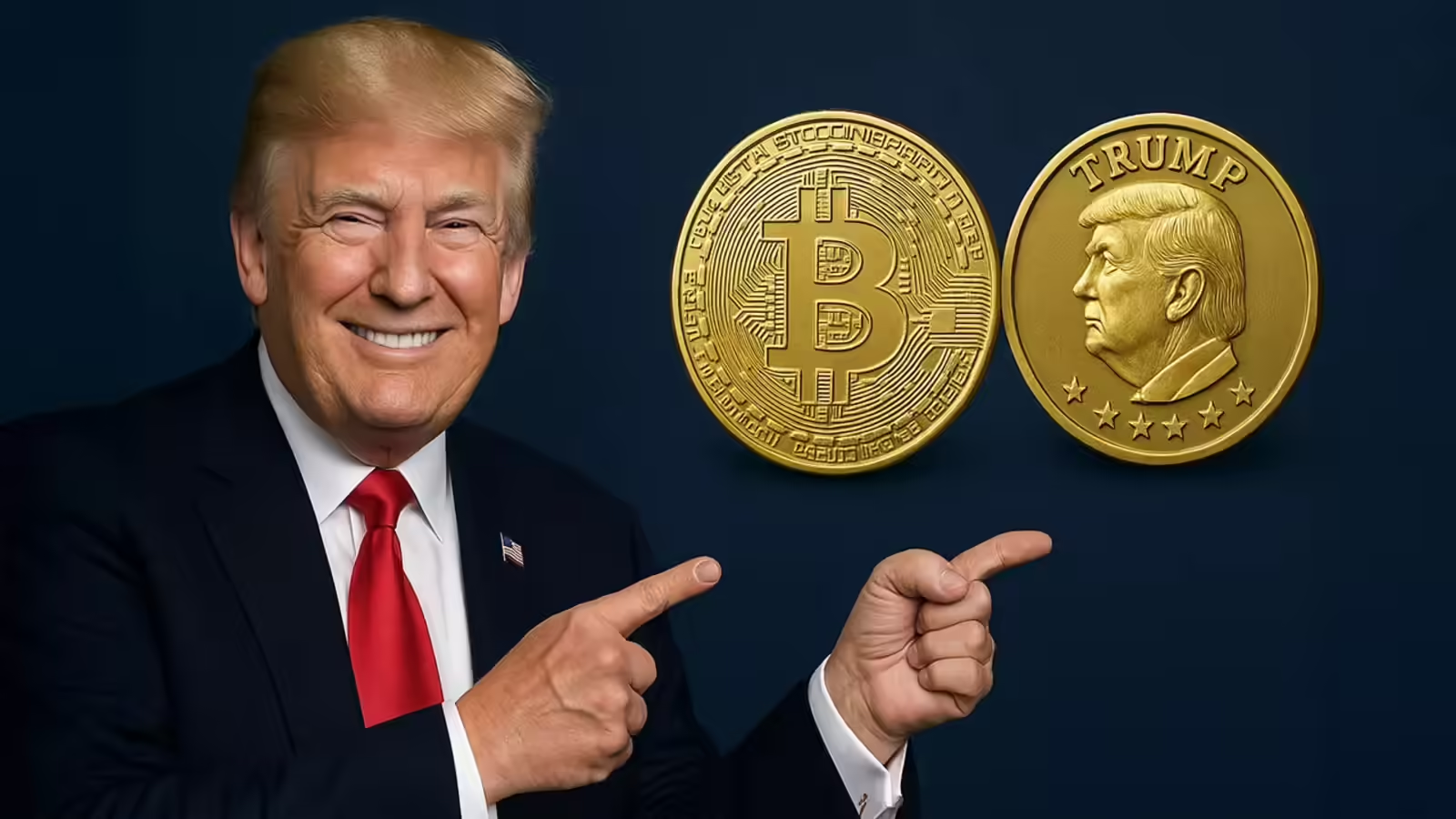World Liberty Financial (WLFI), the crypto project backed by Donald Trump and his family, faces rising criticism after a string of security incidents and wide-ranging wallet freezes. Users and on-chain observers say the events expose weaknesses in the platform’s controls. WLFI insists the issues stem from user key loss and phishing, not a protocol bug. Furthermore, the dispute raises tough questions about governance, accountability, and investor risk.
On Sept. 3, WLFI said it blocked two major attempts to access its token “lockbox” by blacklisting compromised wallets on-chain. The team described the incidents as attacks enabled by lost user keys, not flaws in WLFI’s code.
However, WLFI also froze 272 wallets, claiming many posed security threats. WLFI reported that roughly 79% of those addresses were linked to phishing. Yet some owners say WLFI has denied them access to their own funds. One notable complaint came from Polygon developer Bruno Skvorc, who says WLFI labeled his early-investor wallet “high risk” and refused to unlock it. He compared the behavior to “the new age mafia,” noting the project’s political backing complicates accountability.
Security and provenance concerns
The controversy goes beyond wallet freezes. Watchdog group Accountable.us flagged that some WLFI token-sale wallets connected to sanctioned or sketchy addresses, including those tied historically to the Lazarus Group, Iranian exchanges, and Tornado Cash users. Those links raise regulatory and reputation risks for WLFI and for anyone holding its token.
At the same time, WLFI’s leadership says they will increase transparency. Co-founder Zak Folkman announced an incoming stablecoin audit and hinted the governance token could soon trade publicly. Supporters point to those measures as signs WLFI wants to legitimize operations. Yet critics argue reactive steps won’t erase the immediate harms users face when funds remain locked.
The case highlights three core risks investors should watch in politically connected DeFi projects:
- Security controls that rely on off-chain decisions can trap users out of their own wallets.
- Weak provenance checks on token-sale addresses invite regulatory scrutiny and reputational damage.
- Political backing can raise the stakes, since high-profile projects attract sophisticated attackers and extra public attention.
Think of it like a bank locking safe-deposit boxes after a break-in. The bank may argue it acted to stop thieves. But customers still need timely access to their belongings—and clear rules about when the bank can lock a box.
- Whether WLFI publishes the promised stablecoin audit and what it reveals.
- If WLFI changes its wallet-unfreeze policy or launches an appeals process.
- Any regulatory inquiries into token sales tied to sanctioned or flagged addresses.
- How early investors, and the broader market, respond to governance updates.
Until WLFI proves its risk controls and governance are robust, many on-chain observers will treat the project as a cautionary experiment rather than a model to copy. Millions of dollars and the reputations of high-profile backers are now at stake, and the outcome will shape how similar politically linked crypto projects are judged.
